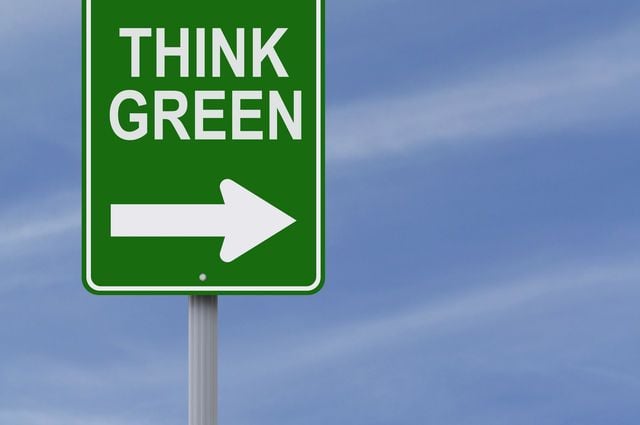The (Green) Recovery Imperative: Hospitality Re-Set Or Bouncing Forward?
15 experts shared their view
COVID-19 has exposed many of the weaknesses in our industry in terms of risk and hazard management, contingency, and resiliency plans but also in the way we blindly deal with our environment. Crises, as damaging as they may be, trigger opportunities in product, service, and systems innovations. Investing now in climate resilience is an enormous economic opportunity as governments and the industry are looking into economic recovery. From clean energy to carbon-neutral buildings and from farm to fork strategy, the hospitality industry has the unique opportunity to be at the core of this transition, helping to shape the transformation and leading to a new, sustainable post-COVID-19 normal. So is the industry ready and willing to bounce forward into a green recovery or rather bounce back to the pre-COVID-19 norm? What components and resources are necessary and how do we go about activating a 'green recovery' in hospitality?
Shared Commitment is Key to a Green Hospitality Recovery
The uncertainty around the Coronavirus outbreak may have an impact on how far the travel, hospitality, and foodservice sector will go to embrace sustainability. Academic research and practitioners agree that the challenge posed by the current pandemic can and must be solved by developing leadership and management capabilities to support sustainability through innovative collaborations.
Back in May 2020, Professor Willcocks, at the London School of Economics rightly pointed out "this crisis is a metaphor for our general failure to entertain, let alone take actions to mitigate, global systemic risk." In an interview for McKinsey Quarterly, former CEO of Unilever Paul Polman stated "there are fewer and fewer problems specific to any one company, industry, or even country. As a result, global initiatives—preventing climate change, deforestation, or declining biodiversity—demand that we take a collective approach toward ownership." Polman went on to say "there's a fine line between arrogance and self-confidence, between humility and humanity when you implement programs with external collaborators."
The 2008-2012 global financial crisis crudely revealed the industry is ill-equipped to strategically adapt and sort out a crisis. The current pandemic crisis has hit the activity even harder. Many of the fault lines in the industry are exposed: the indefensible levels of social inequality exemplified by the surge of lay-off hospitality and restaurant workers becoming homeless in cities like London (The Guardian, 2020) and New York City (New York Eater, 2020); the undermining conflict between corporate short-termism and sustainable business models, and ultimately the fragility of an overly individualistic sector with little collaboration to lock in long-term deals with a range of players in the value chains.
This pandemic crisis shows that a more resilient travel, hospitality, and food service sector cannot take place without collective action. We can have a bigger impact by working together, sharing best practices, and building a culture of transparency and accountability. Together we can drive a real change and enable the transition towards a sustainable, circular model for hospitality and tourism.


